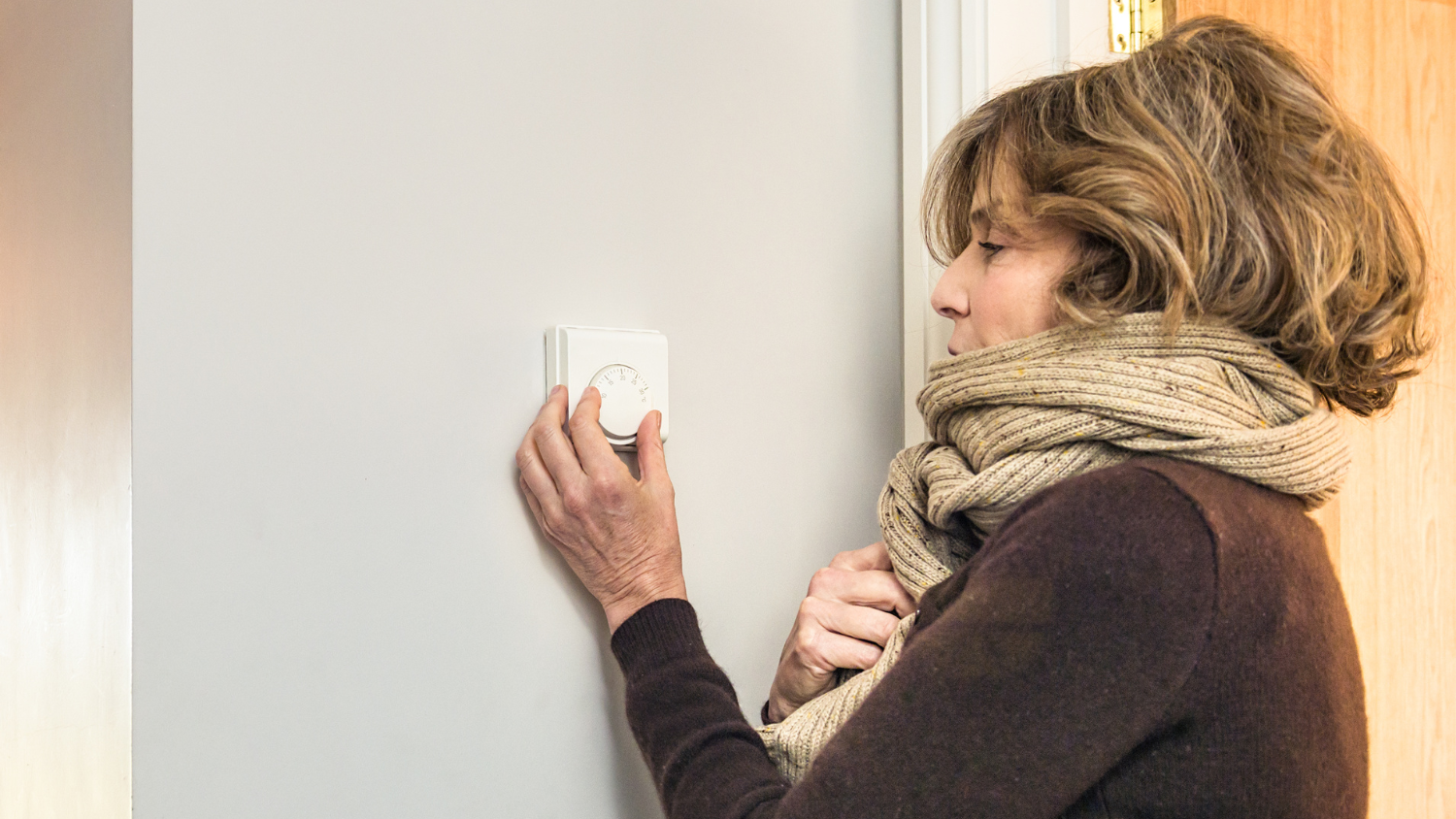
Prevent accidents, fires, and carbon monoxide leaks with proper home heating safety. Before turning up the heat, make sure your furnace and fireplace are ready to run safely and efficiently.
Did you know furnaces and fireplaces should be inspected and serviced at least once a year by a qualified professional? Here are three additional tips that will keep you safe and warm as outdoor temperatures drop:
1. Clear the Area Around Your Furnace
A clear space allows for proper ventilation and reduces the risk of fire hazards:
“Keep your loved ones safe this fall and winter by ensuring your furnace is properly maintained and clear of any flammable surroundings,” said OPFD Public Education Specialist Tricia Roberts. “Carbon Monoxide poisoning can occur when a fuel-burning appliance is not working or vented properly, so it’s imperative to follow proper maintenance schedules and allow for at least three feet of space around your furnace at all times.”
2. Change Your Air Filter
A clogged filter can reduce airflow, making your furnace work harder and potentially overheating. A clean air filter is essential for proper furnace function. Regularly changing the filter can prevent these issues and improve indoor air quality.
3. Test Your Carbon Monoxide Alarms
Carbon monoxide is a colorless, odorless gas that can be deadly. Carbon monoxide alarms should be installed on every floor of your home and in a central location outside each sleeping area. Test your carbon monoxide alarm regularly, and replace alarms according to the manufacturer’s instructions, or if the alarm fails to respond when tested.
If your carbon monoxide alarm sounds, call 911 and immediately move outside. Make sure everyone in your home is accounted for, call for help from a fresh air location and stay there until emergency responders arrive.
Enjoy a warm, cozy, and secure environment as the cold weather sets in. Find more safety resources at opkansas.org/firesafety.
